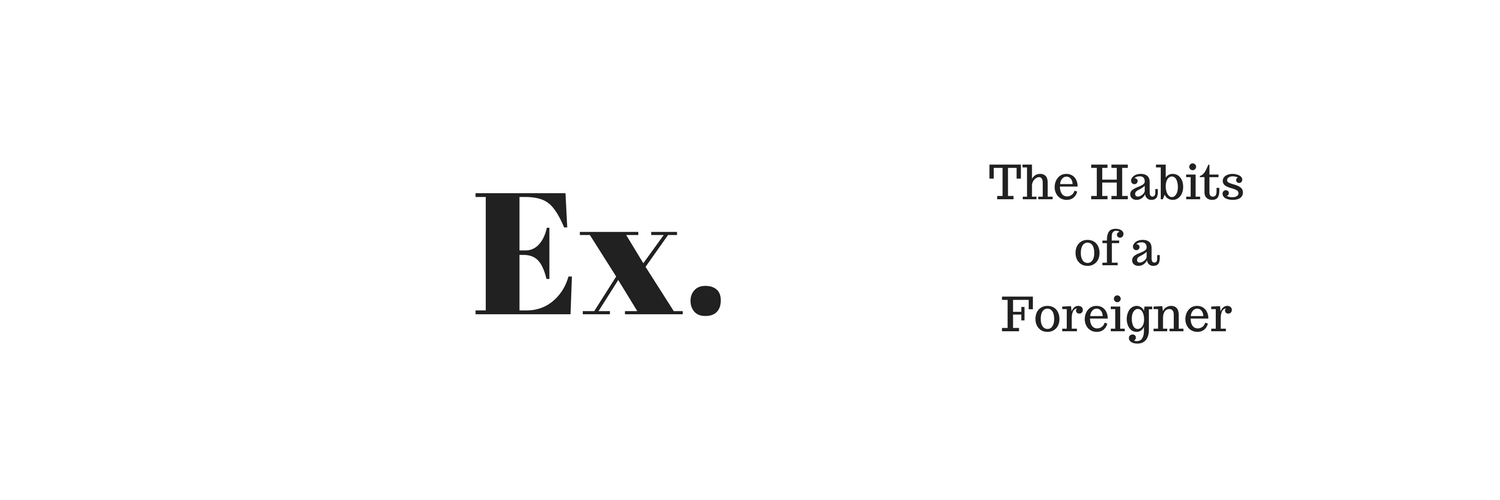This isn’t going to be about chromosomes or DNA, so all you geneticists out there might as well leave now. The basis of the post is from this series of National Geographic travel articles – Travel Writing That Matters Part 1, Part 2, and Part 3.
These articles are very informative to me. As someone who needs to learn how to travel write, I will be looking back at these for years to come as an intellectual compass to remind me where I should be taking my ideas and writing.
In this article, I will be summarizing the main points (hopefully, not plagiarizing) or at least what I think the main points are. I really want to meet this Don George – the Original Poster of these articles. I bet he must have some amazing stories and way more travel writing information.
So … What do you need to do to travel write effectively?
1. Engage! Engage every aspect of the process. Engage your subject, your curiosity, who you are writing for, and work! For example, if I was writing about Peruvian historical sites, I would visit said sites and learn about their construction, enjoy what reminders of cultural heritage they offer, think of ways my readers could enjoy them through just a screen, and consider ways of making my writing more enjoyable. It’s a lot of work just for just a post or two.
2. X & Y. I am traveling to X, looking for Y. Go on a mission, but make it a mission you may fail. It is not the end of the world if you do not find that one thing you went searching for because usually, you’ll find something even better that’s a surprise. Itineraries help, but don’t let them limit you.
3. Focus! Focus! Focus! Fern! Focus! Focus! Were you focusing? Did you see the difference?
So, what are you writing about? Remember to write down the details, but more importantly, know why you are keeping track of the details. Look for those interesting tidbits that are important for the story and you personally, but have an idea of what you’re writing about. Why are you learning about all these interesting places and people? This is the essential question we must ask ourselves.
4. Find what story or experience surpasses the others and take your readers there. One lesson must rise to the supremacy. Once discovered, take your readers through the process of how you discovered it. Then, edit like your life depends on it (that’s something I need to learn to do). Unneeded words are yesterday’s news and writing. Only the essential sentences that will enhance the article’s understanding will do. This is good information for writing in general.
Why the hell should we care about this?
Well, it will make your writing easier to read and write for everyone, and for a future researcher and writer like me, this is gold. But, maybe you shouldn’t take notice. All I know is that I’ll take all the help I can get.
